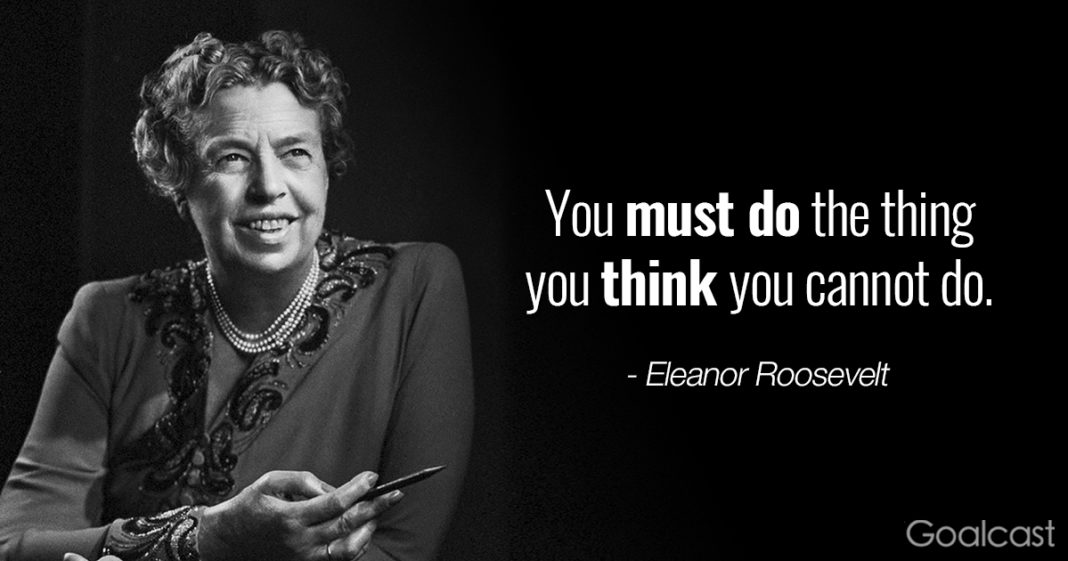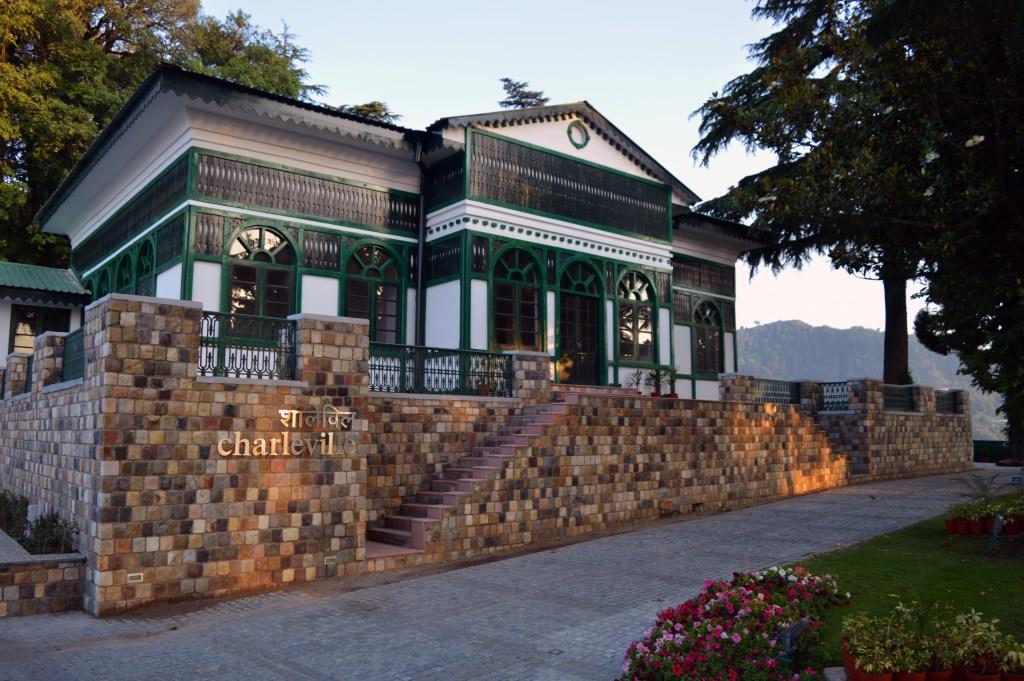Despite challenges, India’s diplomacy towards Europe indicates its break from the past and shows willingness for a more productive engagement. Justify (200 Words)
Refer - Indian Express
Enrich the answer from other sources, if the question demands.

IAS Parliament 6 years
KEY POINTS
Challenges to India’s Foreign Policy
· To address the current contradictions in Eurasia, France is eager to work with India in developing new coalitions to stabilise the Indo-Pacific.
· France, a resident power in the Indo-Pacific, is eager work with India, Japan, Australia and other nations to prevent the littoral from becoming a hostage to the vagaries of US-China relations.
· The problem of US-China tensions over trade that is affecting all major nations, including India. Delhi has good reasons to support the initiative by France, Japan and others to save the global trading system through much needed reforms to make it work for all nations.
· In the past, India’s preference was to forge coalitions like the G-77 that have long ceased to be effective. Working with Europe and Japan, however, might lend greater weight and credence to India’s trade diplomacy.
· India has a strong interest in joining the so-called “Alliance for Multilateralism” a German initiative backed by France that calls for modernising international institutions.
· India, which is already working with France in promoting the International Solar Alliance, may find the Alliance for Multilateralism useful in reinforcing its new international initiatives such as cooperation on humanitarian assistance and disaster relief.
Willingness’ towards Europe
· To re-engage actively towards timely relaunching negotiations for a comprehensive and mutually beneficial India-EU Broad Based Trade and Investment Agreement (BTIA).
· PASSEX between the EU Naval Force and the Indian Navy off the coast of Somalia, as a successful example of naval cooperation.
· The EU looks forward to India's possible participation in escorting World Food Program vessels in the near future.
· India-EU also underlined the importance of freedom of navigation, overflight and peaceful resolution of disputes, in accordance with the universally recognised principles of International Law, notably the United Nations Convention on the Law of the Sea (UNCLOS) 1982.
· The EU welcomed India’s subscription to The Hague Code of Conduct against Ballistic Missile Proliferation (HCoC) and noted India’s intensified engagement with the Nuclear Suppliers’ Group (NSG).

Sivaranjani S 6 years
please review

IAS Parliament 6 years
Good answer. Keep writing.

K. V. A 6 years
Pls review

IAS Parliament 6 years
Good answer. Keep Writing.
Karan Bhagat 6 years
PLease Review!!

IAS Parliament 6 years
Try to include about challenges part. Keep Writing.
harsha h prasad 6 years
Please review. Can a small explanation be given in the comment section as i was not able to understand the entire article properly?
Thank you

IAS Parliament 6 years
Try to include the challenges part and mention about initiatives taken by the India and EU for better cooperation. Keep Writing.
About the article - It tells about the existing challenges to India's foreign policy and how India - EU partnership can strengthen India's position at global level.